After facing sharp criticism for excluding women journalists from his earlier press briefing, visiting Afghan foreign minister Amir Khan Muttaqi has scheduled another media interaction in New Delhi on Sunday — this time inviting women reporters.
During his previous press conference on Friday evening, held a day after his arrival in India for a week-long visit, Muttaqi drew widespread outrage after women journalists were reportedly “not invited”. The move was condemned as “discriminatory” by several media organisations, including the Editors Guild of India and the Indian Women’s Press Corps (IWPC).
Both organisations criticised the decision, saying the exclusion of women journalists could not be justified on any grounds — including claims of diplomatic privilege under the Vienna Convention.
Facing growing backlash, Muttaqi’s team issued fresh invitations for Sunday’s press interaction, describing it as an “inclusive” event open to all members of the media.
In a statement, the Editors Guild of India said, “While diplomatic premises may claim protection under the Vienna Convention, that cannot justify blatant gender discrimination in press access on Indian soil.” The Indian Women’s Press Corps (IWPC) urged the government to take up the matter with the Afghan Embassy to ensure such exclusion is not repeated.
The Ministry of External Affairs (MEA), however, clarified that it had “no involvement” in the event. “The MEA had no role in the press interaction held yesterday by the Afghan FM in Delhi,” officials said.
Impact Shorts
More ShortsResponding to the clarification, the Guild noted that “whether or not the MEA coordinated the event, it is deeply troubling that such a discriminatory exclusion was allowed to proceed without objection.”
Muttaqi, a senior Taliban leader, arrived in New Delhi on Thursday for his first official visit since the Taliban’s return to power in Afghanistan in 2021.
His trip comes amid efforts by the Taliban government to re-engage with regional countries even as it faces international condemnation for its restrictions on women’s rights, education, and participation in public life.


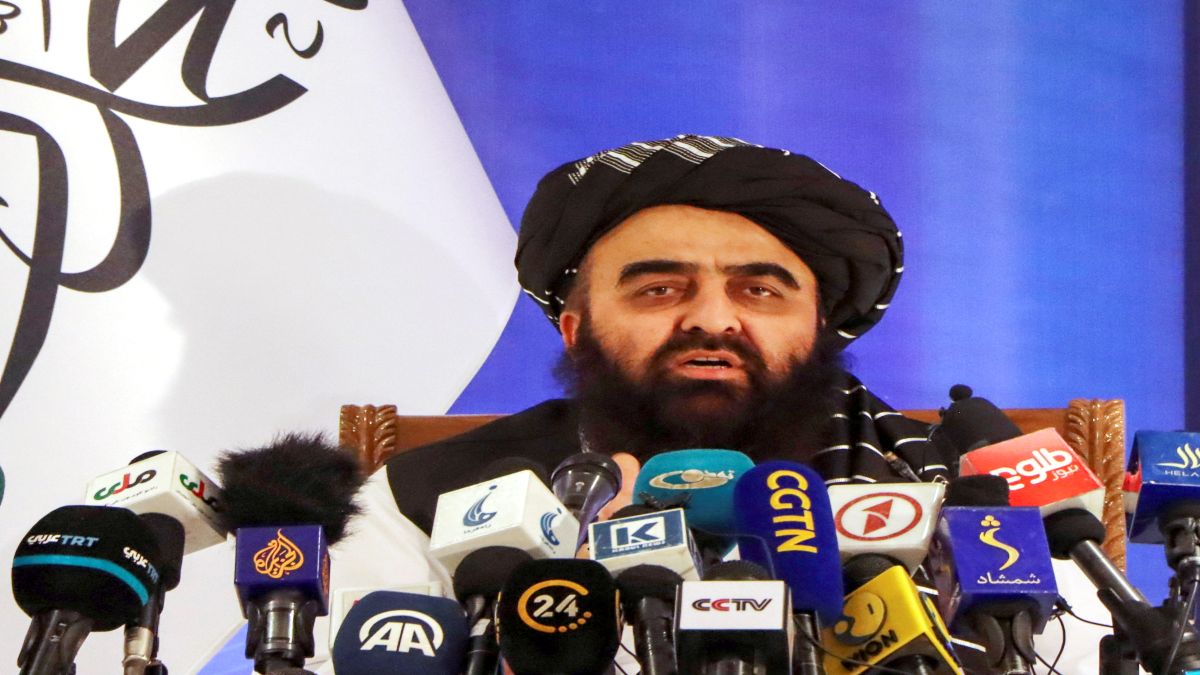)
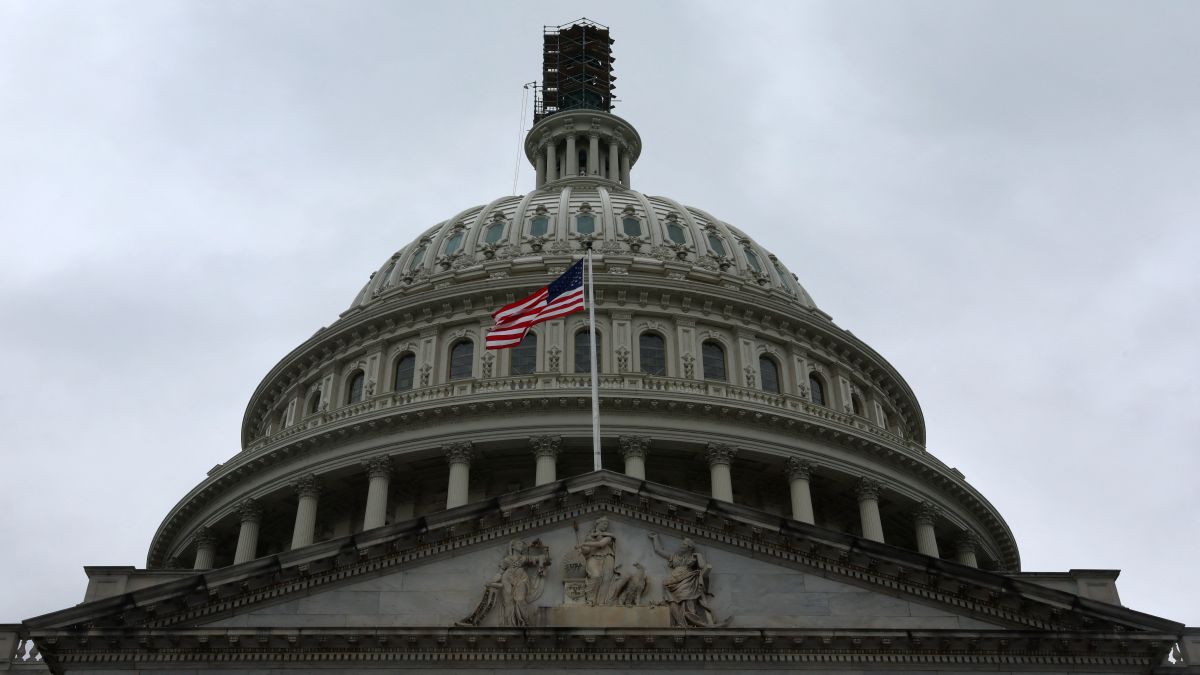
)
)
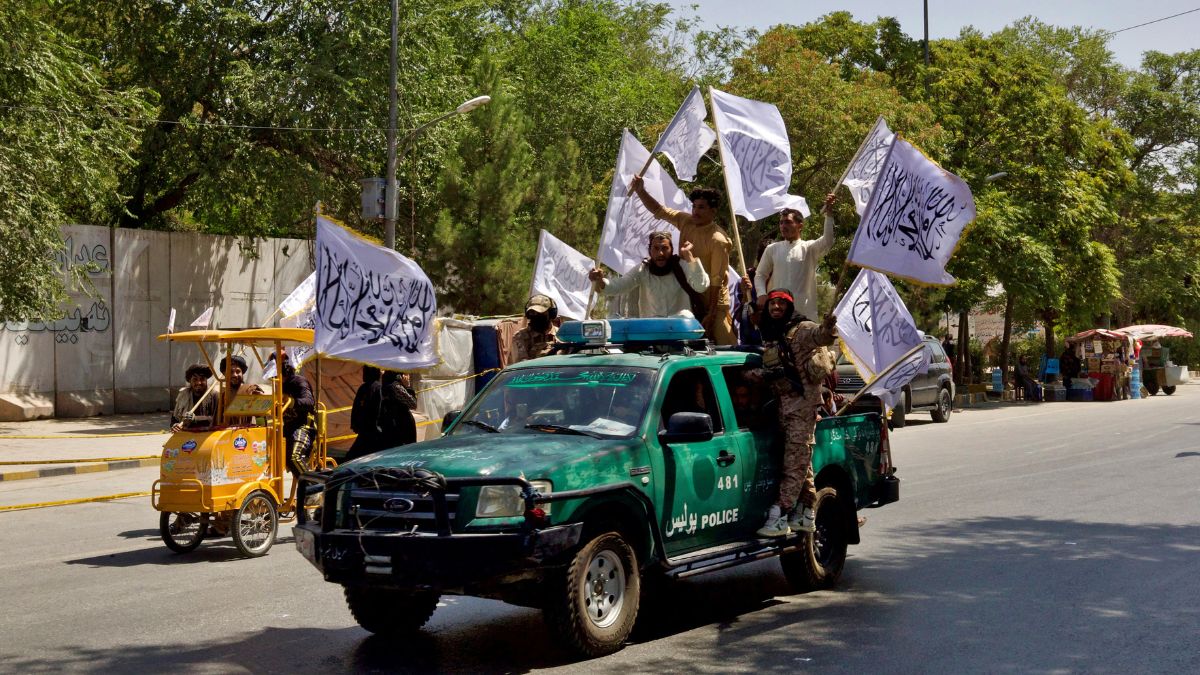)
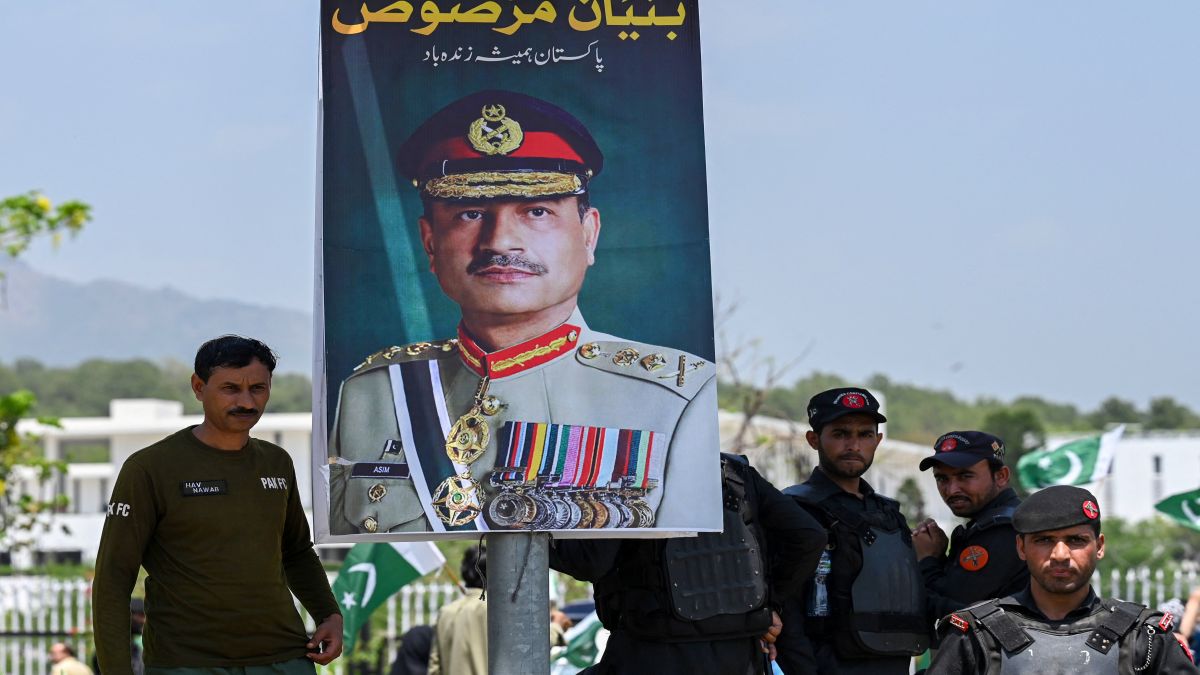)
)
)
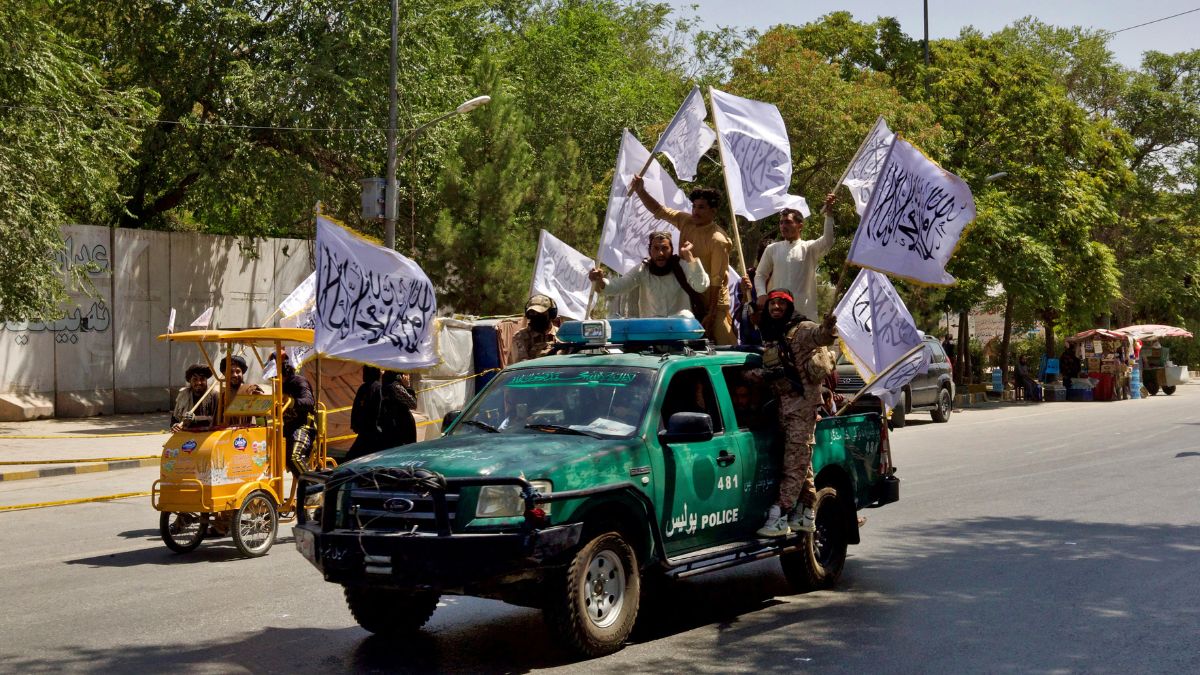)
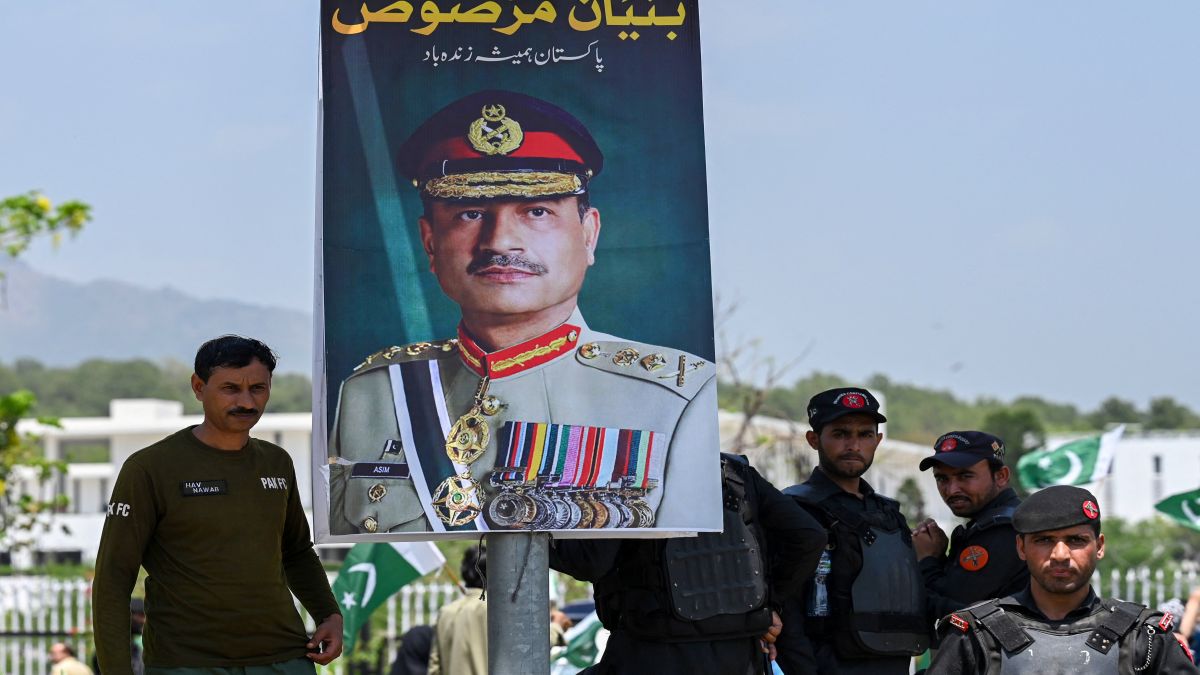)



